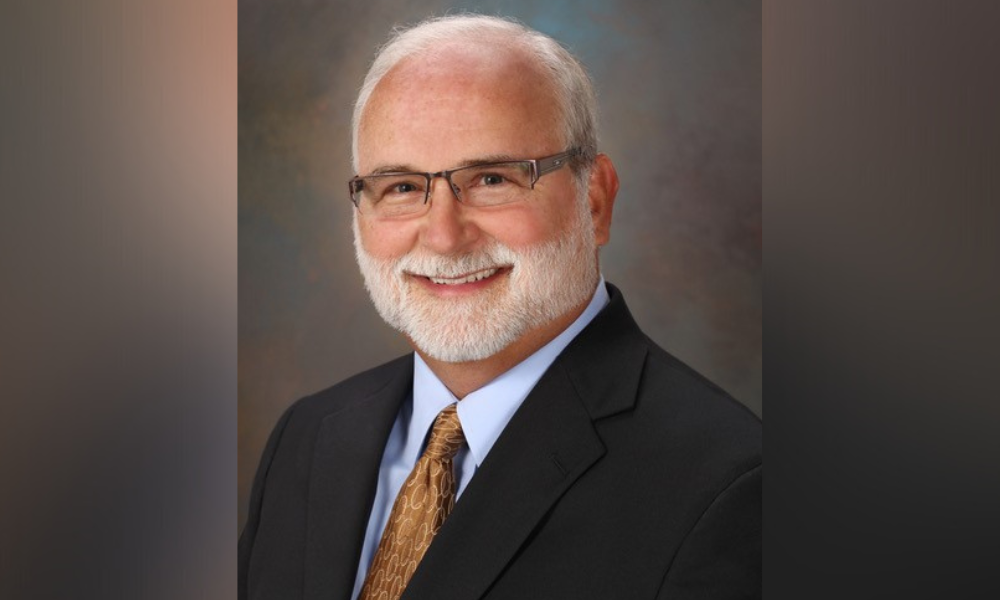Job requirements may suppress natural preferences – but recognizing the consequences of personality preferences and work demands can make a big difference

This article was produced in partnership with MHS.
Burnout in the workplace is becoming a familiar refrain as HR professionals talk about the loss of talent or the loss of motivation of talent that remains in the workplace.
There are several reasons why people lose motivation at work, one of the most common reasons being the gap between what feels comfortable and what must be done.
For example, suppose you are an individual who needs lots of interpersonal connections and interactions in your daily work life but are in a job where these are few and far between. In this case, a sense of dread and an experience of being drained may occur daily. In fact, specific patterns can lead to feeling burned out.
Consider individuals in the following situations — and the reverse of them:
- Preferring providing analytical details in a job that requires big picture thinking.
- Preferring to focus on sequential, task ordered activities in a job that requires going with the flow and spontaneous change.
- Preferring to meet and engage with others in a job that requires lots of individual time-consuming bureaucratic forms.
- Preferring to work on projects and managing tasks in a job that requires lots of presentations and social influence activities.
Individuals who may not be aware that various job requirements are suppressing their natural preferences can make a big step forward by recognizing that their situation is a natural consequence of personality preferences and work demands.
Once you become aware of the tension between what is natural and what is required, you can begin to develop a tactic for managing the drain. Brain-savvy people who become aware of how this drain works engage in doing things that renew and rebuild their energy.
For example, using short periods (say 10-15 minutes) at different periods during the day, you can:
- Take a mini vacation by looking at pictures or personal notes from others that bring a smile to your face. The brain doesn’t seem to know the difference between imagining being in a favorite location and being there.
- Take an intentional walk break away from the work area that triggers the awareness of what is demanded—changing cues is essential to resetting your energy.
- Having an energy partner—the person you can call or text to connect and share a thought or perception.
- Schedule time for a hobby—even if only 30 minutes a week—will allow your brain to reshuffle your emotions and energies.
- Exercise doesn’t have to be in a gym—though that is good too. You can do simple yoga exercises in your seat that will boost your energy.
For reasons we can only speculate, when we become aware of the source of our energy drain, we become motivated to find tactics to enable us to restore our energy. The fact is, every job, no matter how excited we are about it, requires activities of us that go against our natural grain, and rather than fight it, we need to use it as a cue that renewal and restoration are required.
And the big gain in developing tactics for renewal is that it increases our problem-solving, concentration, and focus, and overall flexibility to deal with the demands of everyday life.
Self-awareness is the key to make all these tips and strategies work for you. Want to learn more about how you “show up?” Check out the Pearman Personality Integrator. With over one million unique profiles of personality type, this ground-breaking tool brings a new model of understanding and development to the field of personality type.
Have questions? Get in touch with a member of the MHS team today.
Dr. Roger R Pearman, Managing Partner of TalentTelligent, LLC, is an Executive Coach and Talent Management Consultant. He works with Executives, C-suite teams, and Talent Management Professionals using best practices and evidence-based development approaches for individual and organizational growth. He has published numerous books on personality and leadership development and is the author of several assessments to aid in individual development. He is the Past President of the Association for Psychological Type, winner of the Wake Forest University Graduate School Alumni Award for Professional Contributions, and winner of a HR Exec Product Innovation Award.




